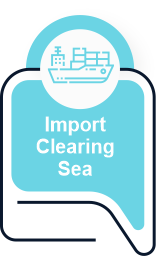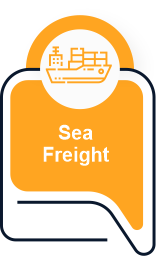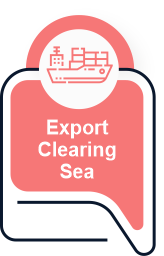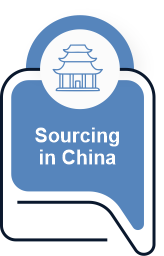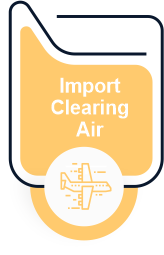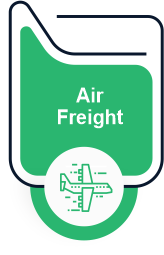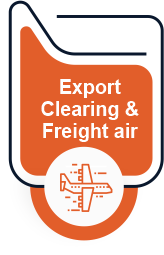Custom Bonded Warehousing Services

Do you need custom bonded warehouse services if you are an importer? Yes, our custom bonded warehousing services are one of our company’s strong points. Our location near ICDs and airports allows us to offer lower costs to importers since we serve across the country. The company we represent is one of the leading customs-clearing agents in India.
So, the staff is fully up-to-date with customs procedures and has the best knowledge of how to handle shipments of customs-bonded warehousing under section 59 of 1962. Since we are custom house agents, we can provide you with better service for de-bonding and ex-bonding the cargo. Besides, our company specializes in international and domestic logistics, and we serve imports and exports on land, sea, and air.
In a nutshell, our companies offer full-service solutions, including freight booking, customs clearance, bonded warehousing, workforce, and transportation.
In The Import Case - Custom Bonded Warehouse Under Section 59 of Act 1962
Custom Bonded Warehouse Under Section 59 of Act 1962 For more than two decades, we have been providing services in connection with Custom Bonded Warehouse under Section 59 of the Customs Act 1962. Our bonded warehouse services are offered through our custom clearing department. We wanted to give you a brief update on bond warehousing in India.
The importer does not wish to pay duty at the time of importation. Then has the option of filing a bill of entry under customs bond for the deposit of the goods into custom bonded warehousing under section 59 of the Customs Act of 1962. It is permissible for the importer to get customs clearance on part of the consignment under this provision. We have the expertise to handle cases related to customs-bonded warehouses in an intelligent manner.
In case more information is needed, please call +91-9311595648 or send an email to cargodeal@falconfreight.com.
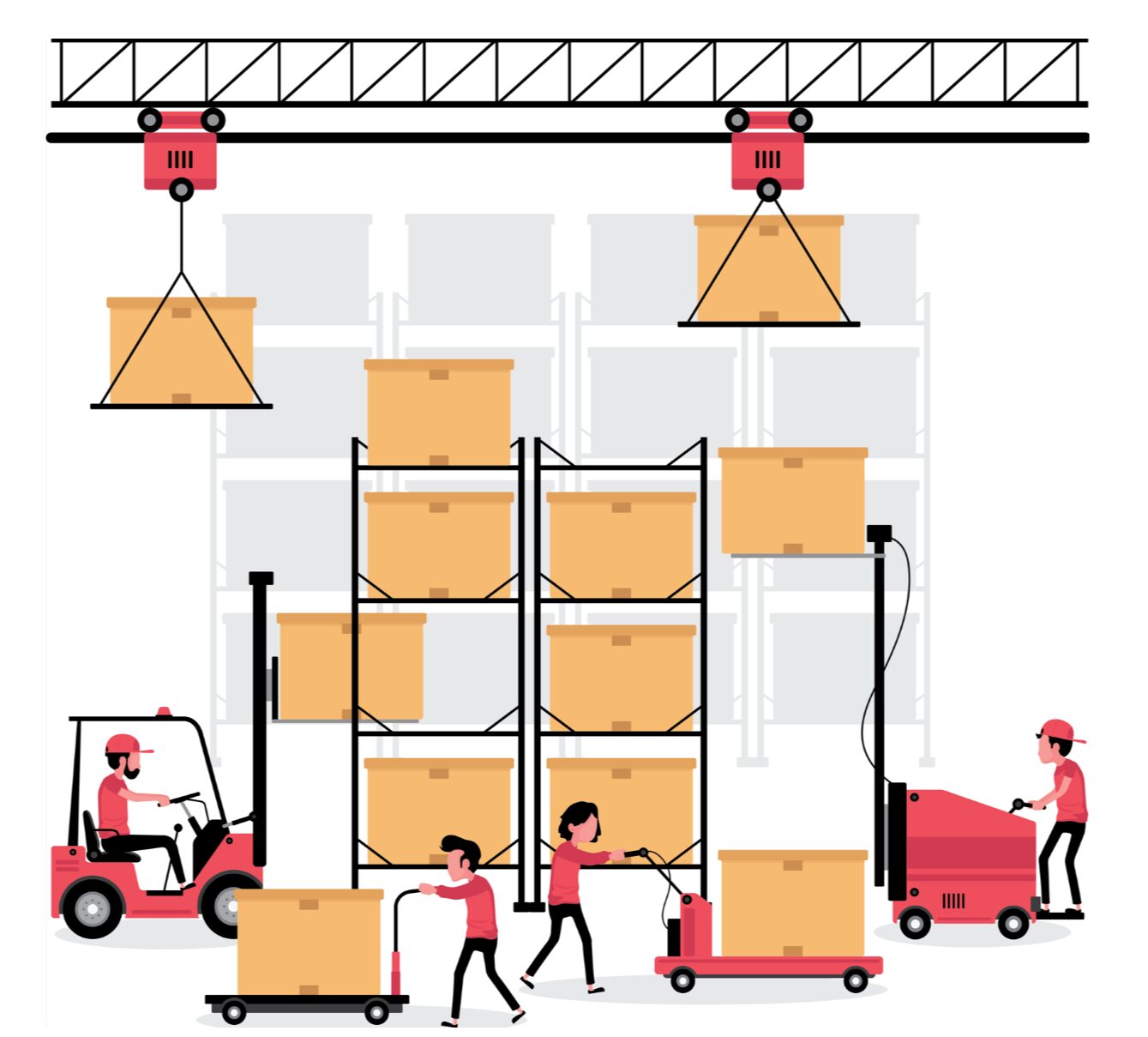
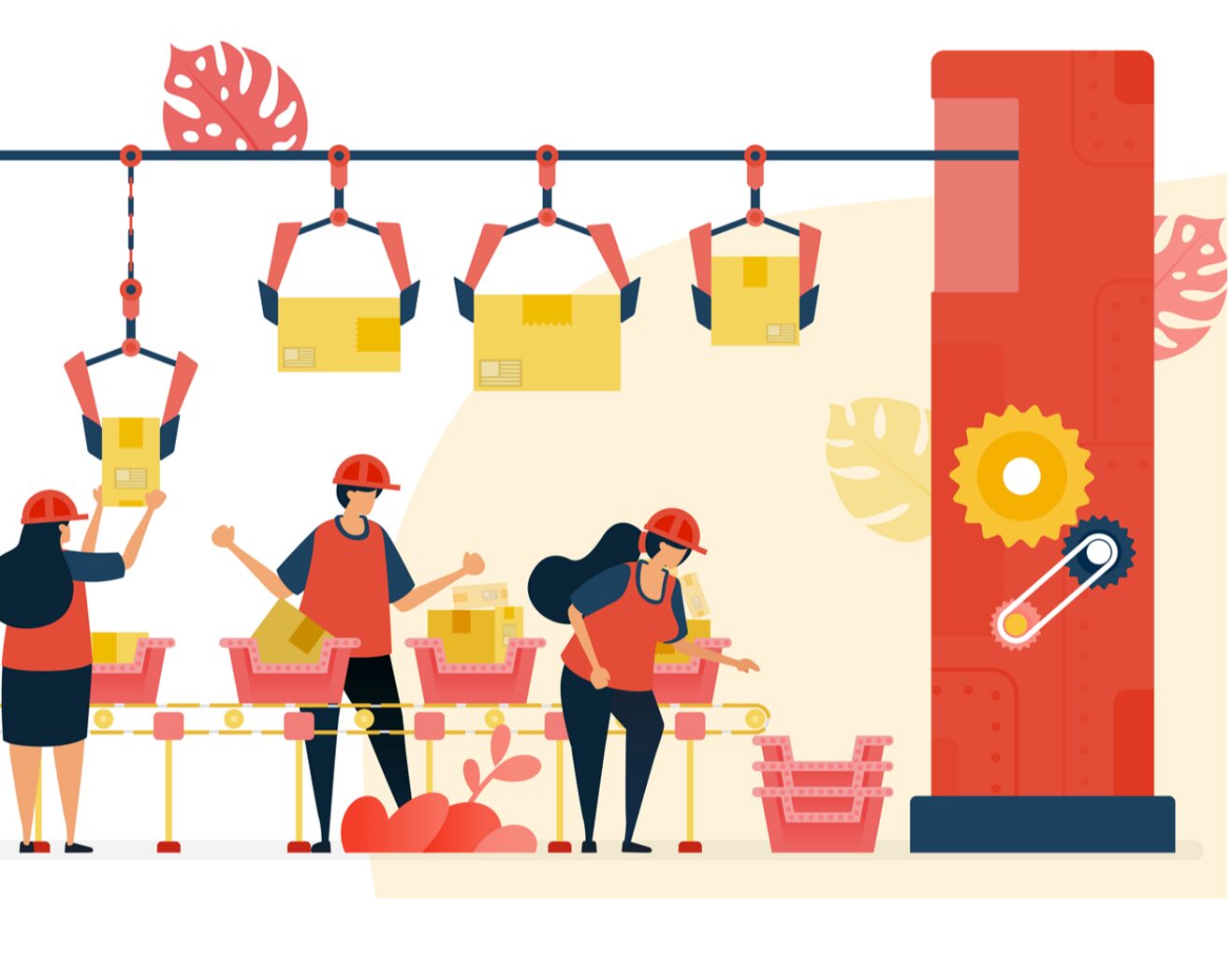
Our Services - Re-exporting Through Bonded Warehouse Under Section 69 Customs Act, 1962
In accordance with section 69 of the Customs Act 1962, do you wish to re-export the cargo through a customs-bonded warehouse? Of course, we provide re-exports services through custom bonded warehousing, which we consider one of our key competencies. Because we serve the entire country. Our company is among the top customs clearing agents in India.
In this way, our staff members know customs procedures and, under section 69 of the Customs Act 1962, have the most information on shipments of re-exports against the bonded warehouses. Finally, we can say our team is very expert in executing the import bond as well as export bond with the customs in the case of re-exports. Especially we have a special arrangement of night stuffing the cargo in the case of re-export.
Benefits of Custom Bonded Warehousing
- Having the flexibility of cargo clearance in part consignments (unlike other Container Freight Stations (CFS)/International Container Depots (ICD) thus accommodating the consumer/end-user and availing of bulk import benefits.
- Benefits of duty deferment freeing up working capital and reducing costs
- Get rid of the shipping line and port charges De-stuffing of cargo from shipping line containers into the bonded warehouse in order to avoid shipping line detention charges and port ground rent.
- Postponed the duty till clearance Since the duty is due only upon clearance, the duty is paid at the time of clearance.
- Utility addition At a custom bonded warehouse Labeling, packing, kitting, bar-coding, palletizing, and other authorized services can be provided.
- Low storage cost You will be charged for each square foot per week by the custodian.
- Re-export of your cargo from a custom bonded warehouse
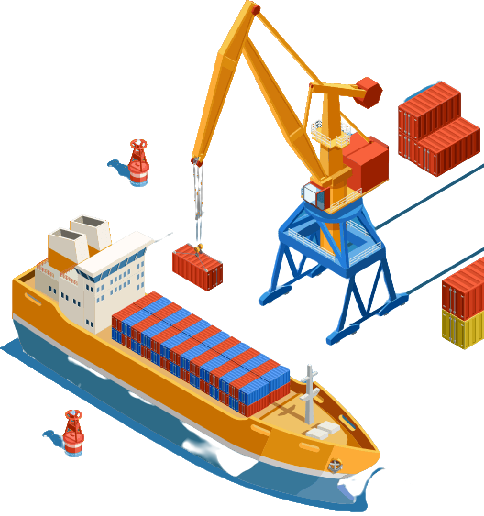
Overview of Customs Bonded Warehouse
This warehouse is authorized by the Indian customs to operate the warehousing under Section 58 and 59 of the Act 1962. The act permits the handling, storage, or assembly of dutiable goods without being subject to duty. The state or a private company may manage it. By utilizing the concept of “bonded warehousing,” importers store cargo and later release part of the cargo, thereby deferring duty payments to Customs and releasing the international (ISO) container in which the cargo is stored.
While the goods remain in the bonded warehouse, the customs authority supervises processes such as cleaning, sorting, repackaging, or other non-manufacturing changes. Upon warehousing, the goods can either be exported to another bond (EOU, etc.) without paying duty or can be consumed without duty payment, with payment of the appropriate rate for the goods in their renewed condition at the time of withdrawal.
Bonded warehousing offers importers a triple advantage. On one hand, it allows deferring the payment of duties, and at the same time, it allows returning the shipping container to the yard, which would otherwise incur detention charges. Likewise, it allows the importer to store cargo in a relatively cheaper warehouse than to hold onto an ISO container lying at the port, which includes the rental of both the container and the port / CFS.
Process
Process After Filling The Warehouse Bill of Entry & Until Ex-bonding
- BOE for Bonding If the importer does not wish to customs clear the shipment immediately and would like the shipment to be warehoused at the Customs Bonded Warehouse. Afterward, the Bill of Entry for Bonding is submitted, so that the customs department can permit the transfer of import shipment to be warehoused at the customs-bonded warehouse without having to pay customs duties. The importer is required to execute a bond and postpone clearance to a later date. By filing a yellow-colored BOE for bonding, the importer is able to defer the payment of duty until he needs to clear the consignment.
- The customs assess the consignment and determine the duty payable, and the importer executes a bond for the required value but does not need to pay the actual customs duty.
- Ex-Bond Bill of Entry When imports are not custom cleared immediately on arrival but rather are warehoused in customs-bonded warehouses. Upon the importer submitting an Ex-Bond Bill of Entry to clear the consignment from the warehouse after the duty payment, there is the option to clear it in its entirety or in installments.
- The valuation under the Ex-Bond Bill of Entry will take into account the rate of duty prevailing at the time of actual removal of imported goods from the warehouse and not the rate of duty assessed through the Bonding Bill of Entry. A revised tariff will prevail if there has been a revision at the time of removal from the bonded warehouse.
- It is also known as the ‘Green Bill’ because of its green color.
Step-by-Step Procedure
Bonded warehousing under Section 59 of the 1962 act, Step-by-step (point-by-point) procedure
- The execution of a bond.
- Filing of ex-bond B/Es.
- Preparation of an ullage report.
- Provisional assessment of import duty and IGST, if applicable.
- Get a space certificate from a bonded warehouse.
- Filing a re-warehouse in-bond B/E outside the port with provisional duties to a bonded warehouse.
- The re-warehousing at another specified bonded tank/godown.
- Notification to Department for re-warehousing of specified goods and filing of notification before 24 hours to Department for anticipated clearance for production of specified goods or further re-warehousing of specified goods.
- The deposit of proportionate duty payable and the filing of ex-bond B/Es for home consumption.
- Clearance for the production of specified goods or for a re-warehousing of specified goods.
- Finalization of the provisional assessment.
For more information you can reach out to us at:
+91-9311595648
or email us:
cargodeal@falconfreight.com

FAQ For Import the Goods Under Custom Bonded Warehouse Section 59 of Act 1962
Filing of ex-bond bill of entry for bonding the goods in to the warehousing
Filing the bill of entry of ex-bond for customs bonded warehousing
Filing the bill of entry for clearance the goods from custom bonded warehouse.
A warehoused importer can clear the goods for domestic consumption by filing an ex-bond Bill of Entry and after payment of duties etc. in terms of section 68 of the Customs Act.
FAQ Re-export The Goods Under Custom Bonded Warehouse Section 69 of Act 1962
No. You can re-export warehoused goods without any processing under Section 69 of the Customs Act, 1962. The warehoused goods can also be cleared in DTA without any processing under Section 68 of the Customs Act, 1962. These legal provisions explain the conditions for such re-export or DTA clearances.
Duty on DTA clearance of goods by SEZ units shall be imposed under the provisions of section 12 of the Customs Act, 1962 and Customs Tariff Act, as in the case of physical importation of goods. … Special Economic Zones will be considered foreign territory for the purposes of duties and taxes under the new dispensation.
Is it necessary to process goods stored in a customs bonded warehouse for value addition before removing them for re-export or for local consumption?
The answer is no. You can re-export the warehoused goods under Section 69 of the Customs Act, 1962 without any processing
MORE FROM OUR SERVICES
PROFILE INFORMATION
Year of Establishment : 1996
Business Type: Import-Export Trade Consultant
Estimated Yr Sales (USD): 2 – 5 M
Number of Employees : 80-100
mail at: cargodeal@falconfreight.com
Call us at : +91 9311595648
HEAD OFFICE ADDRESS
219, Admin. Building, Inland Container Depot, Tughlakabad
New Delhi 44, India.
Branches/Services providing areas: : Delhi, Mundra, Mumbai, Chennai, Kolkata, Hazira, Ludhiana, Delhi Airport, Panipat – Click for more
